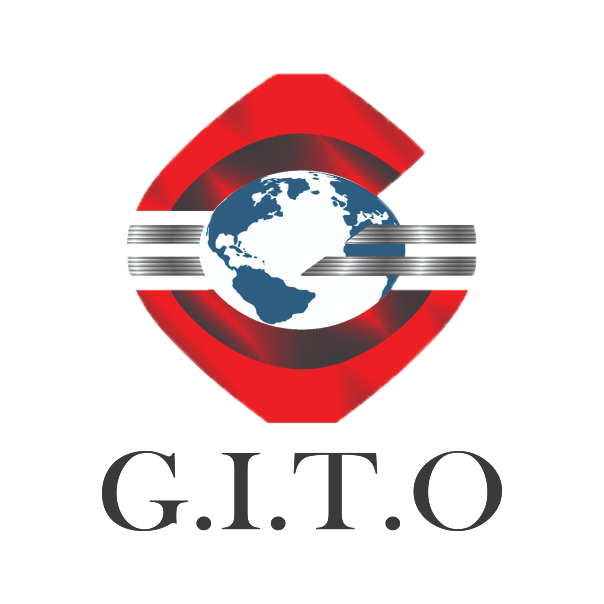Healthcare services exchange-traded funds (ETFs) have become increasingly popular among investors seeking exposure to the healthcare sector. Healthcare services ETFs provide investors with a diversified portfolio of companies that are involved in providing various healthcare services such as hospitals, clinics, pharmaceuticals, medical devices, and health insurance.
Investing in healthcare services ETFs can offer investors the opportunity to diversify their portfolios and gain exposure to a sector that is known for its stability and growth potential. Healthcare services ETFs are considered to be Voltprofit Max less volatile than individual healthcare stocks, making them a suitable investment option for investors who are looking to reduce risk while still benefiting from the potential upside of the healthcare sector.
One of the key benefits of investing in healthcare services ETFs is diversification. By investing in a healthcare services ETF, investors gain exposure to a wide range of companies in the healthcare sector, which helps to reduce the risk associated with investing in individual healthcare stocks. Diversification can help to mitigate the impact of any one company’s poor performance on the overall performance of the ETF.
Another benefit of investing in healthcare services ETFs is the potential for long-term growth. The healthcare sector is known for its stability and growth potential, as people will always need healthcare services regardless of the economic environment. Investing in healthcare services ETFs allows investors to capitalize on this growth potential and benefit from the steady demand for healthcare services.
Additionally, healthcare services ETFs provide investors with exposure to a sector that is relatively insulated from economic downturns. Healthcare services are considered to be essential services, meaning that demand for healthcare services tends to remain stable even during economic downturns. This can help to provide stability to a portfolio during times of market volatility.
Investing in healthcare services ETFs also provides investors with access to a sector that is poised for growth due to demographic trends. As the global population continues to grow and age, the demand for healthcare services is expected to increase. By investing in healthcare services ETFs, investors can capitalize on this trend and benefit from the growth potential of the healthcare sector.
When selecting a healthcare services ETF to invest in, investors should consider factors such as the fund’s expense ratio, track record, and holdings. It is important to choose a healthcare services ETF that aligns with your investment goals and risk tolerance. Additionally, investors should consider diversifying their healthcare services ETF investments with other sectors to further reduce risk and increase portfolio diversification.
In conclusion, investing in healthcare services ETFs can be a valuable addition to a diversified investment portfolio. Healthcare services ETFs provide investors with exposure to a sector that is known for its stability, growth potential, and essential services. By investing in healthcare services ETFs, investors can benefit from diversification, long-term growth potential, and insulation from economic downturns. Consider adding healthcare services ETFs to your investment portfolio to take advantage of the opportunities that the healthcare sector has to offer.
